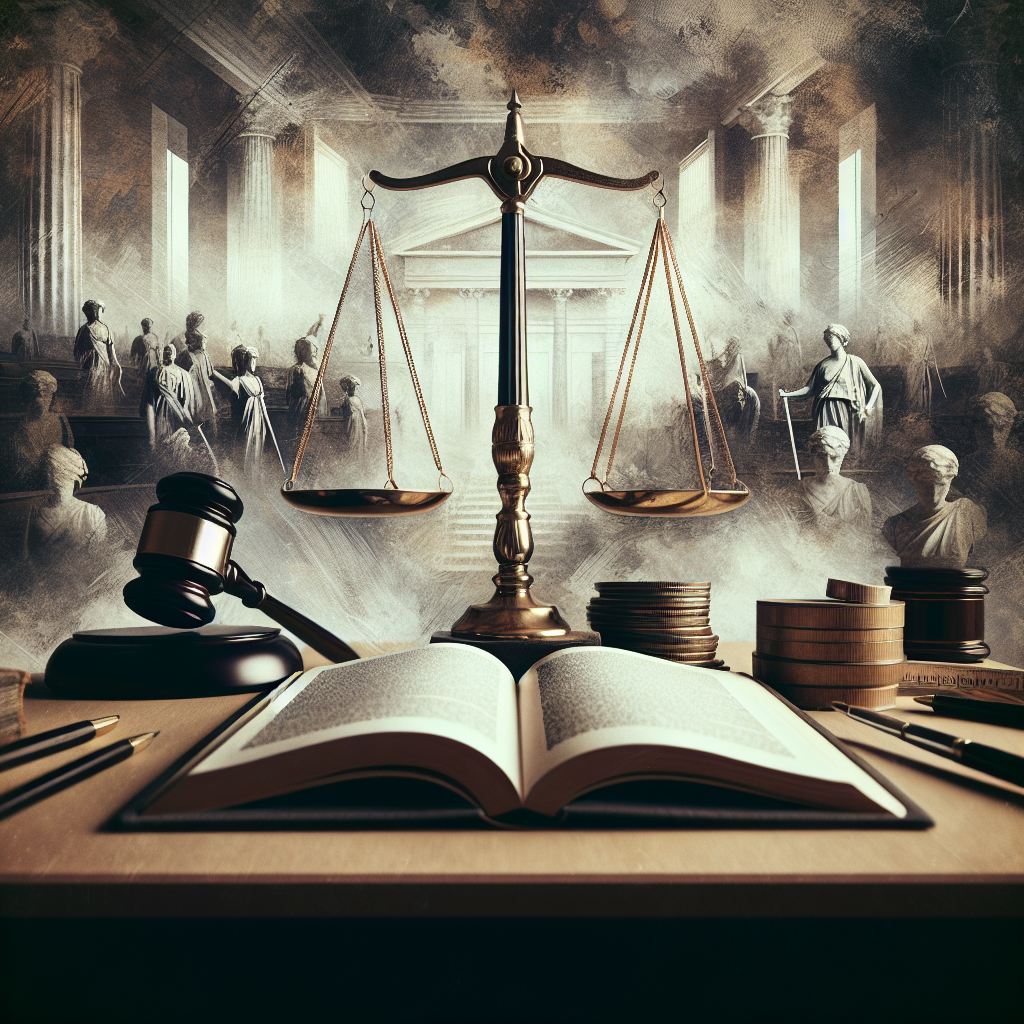
The rule of law is the principle that everyone is subject to the law, including government officials. It ensures that laws are clear, fair, and applied consistently to protect individual rights and prevent arbitrary decisions. Upholding the rule of law promotes accountability, transparency, and the protection of fundamental freedoms in a democratic society.
Legal precedents are past court decisions that serve as a guide for future cases with similar issues. They help ensure consistency and predictability in the legal system, as judges consider previous rulings when interpreting and applying the law. Legal precedents establish a foundation for judicial decision-making and contribute to the development of jurisprudence.
Due process refers to the fair treatment and protection of individual rights in legal proceedings. It guarantees that all parties are entitled to a proper hearing, information about the charges against them, and the opportunity to present their case before a neutral and impartial tribunal. Due process safeguards against arbitrary actions and ensures justice is served in accordance with established procedures.
Judicial review is the power of courts to examine the actions of the executive and legislative branches to ensure they comply with the constitution. It acts as a check on government power, allowing courts to invalidate laws or decisions that are unconstitutional or exceed the authority granted by the law. Judicial review plays a vital role in upholding the separation of powers and protecting individual rights.
For further reading and references on judicial independence and the rule of law, you can explore the following resources:
- The International Commission of Jurists: Understanding and Promoting Judicial Independence
- United Nations: Rule of Law and Transitional Justice
- Harvard Law Review: The Role of Legal Precedents in Modern Jurisprudence








